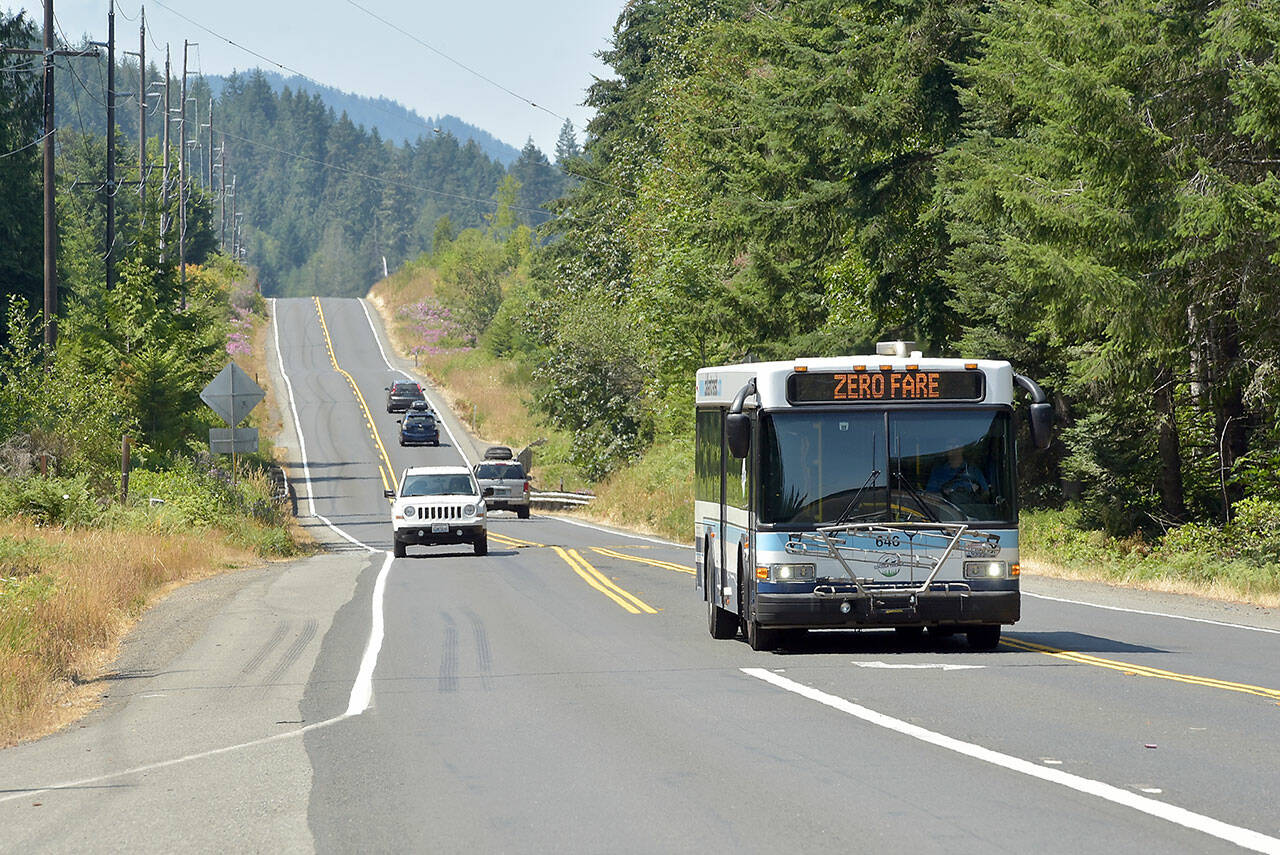Sens. Maria Cantwell and Patty Murray and Rep. Derek Kilmer said on Friday that the realignment of Highway 112 is one of five projects that will share a $73,587,134 grant from the National Oceanic and Atmospheric Administration to help improve the climate reliance of the state’s coastal communities.
In addition to the Highway 112 project, the Washington State Coastal Climate Resilience Initiative grant includes habitat and shoreline restoration and stormwater drainage improvements. The funds will also be used to advance project planning and design, develop a skilled workforce for jobs that address climate change and sustainability, and strengthen partnerships for managing Washington’s coast.
The second grant of $1,999,963 was awarded to King County to provide staffing and programming support to the Puget Sound Climate Preparedness Collaborative, a network of local and county governments, tribes, regional agencies, and other organizations working to build community, economic and environmental resilience to climate change.
The Washington grants were two of the 19 Climate Resilience Regional Challenge grants awarded by NOAA.
Funding came from the NOAA Climate Resilience Regional Challenge, a competitive grant program established under the Inflation Reduction Act, which Cantwell authored.
“Washington’s beloved coastlines are on the front lines of climate change. These infrastructure investments will make us more resilient,” said Cantwell, who is chair of the Senate Committee on Commerce, Science and Transportation. “These projects bring state, tribal, and local stakeholders together with other partners to better protect Washington’s coast and the Salish Sea for years to come.”
Murray, who is chair of the Senate Appropriations Committee, said: “No one knows the impact of climate change on coastal communities more intimately than Washington state. These awards are going to make a big difference for those that call our coastlines home.”
Kilmer has advocated for increased federal funding for Tribal relocation and resilience efforts.
“This funding is a big deal for our region,” he said. “These transformational projects will create jobs, protect the environment and make coastal communities more resilient.”
The Washington State Coastal Climate Resilience Partnership is facilitated by the Department of Ecology’s Coastal Zone Management Program. Project partners include the Washington State Department of Transportation; the Washington Department of Fish and Wildlife; the Washington State Employment Security Department; the Washington Department of Natural Resources; the Samish Indian Nation; Tulalip Tribes; Makah Tribe; Snohomish County; Snohomish Conservation District; Pacific Conservation District; Washington Sea Grant; University of Washington Climate Impacts Group; Friends of the San Juan; and Affiliated Tribes of Northwest Indians.

